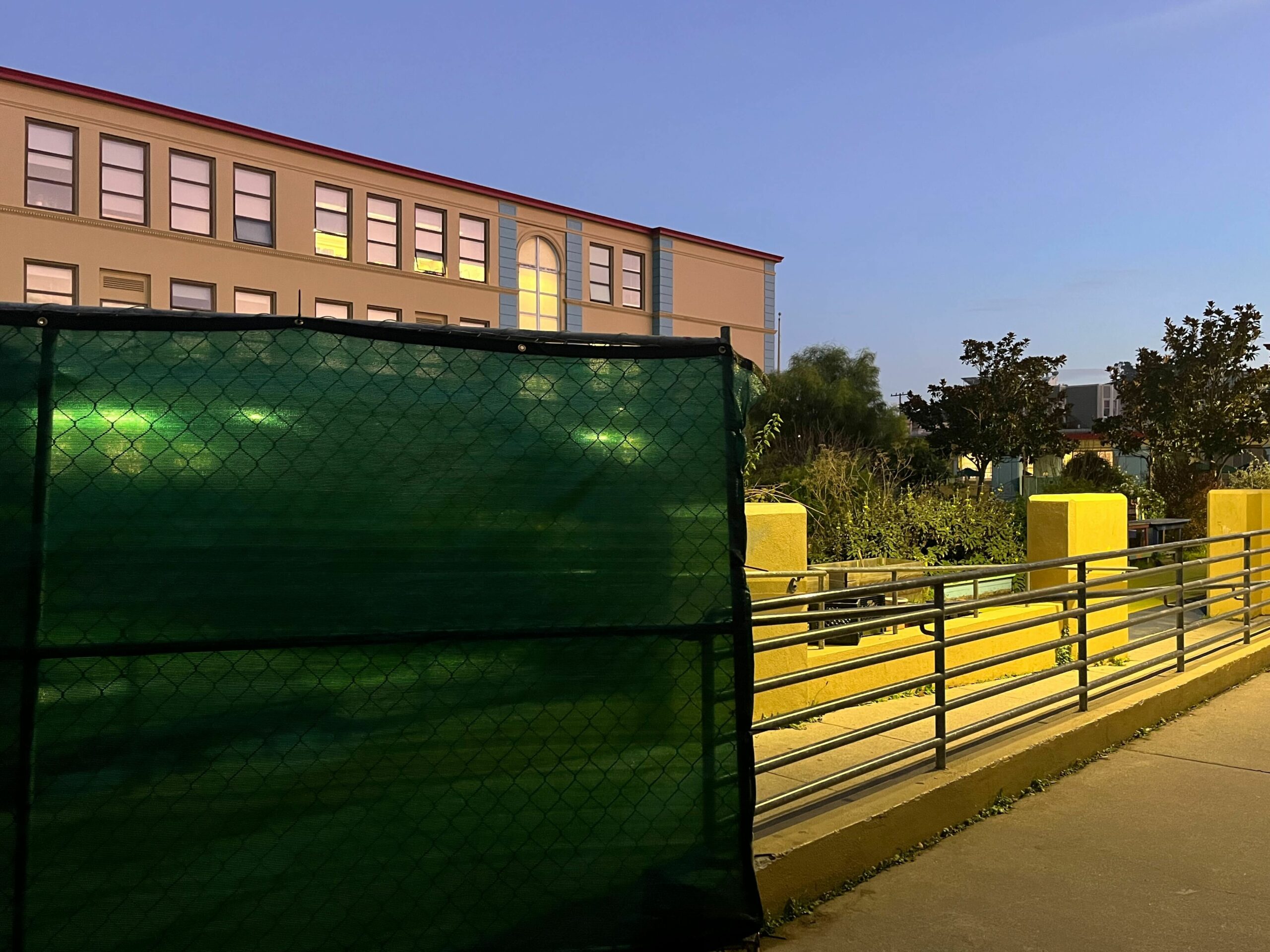Water faucets at Buena Vista Horace Mann K-8 Community School have elevated levels of lead, prompting their removal.
The San Francisco Unified School District told staff on Tuesday that three of 11 faucets at the school showed “higher than the acceptable threshold of lead.” District spokesperson Laura Dudnick confirmed to The Standard the partial results.
The water tests were prompted by public outcry after the school found lead and arsenic in its community garden. Additional testing is expected on Saturday.
Four years have passed since Horace Mann’s last lead tests, which in 2018 showed the Mission District school was under the allowed levels at 5 parts per billion (ppb), officials previously said.
The latest finding comes nearly two weeks after the district discovered “unacceptable levels” of lead and arsenic two feet below in the Mission District school’s garden as part of regular testing to design its long-awaited renovation. Further testing did not find high levels of lead six inches below the surface of the highly used garden, which was promptly barricaded off.
The lead discovery came as the latest blow to a school with troubled building history, from falling ceiling tiles, a gas leak and rats in classrooms to an electrical outlet shocking a student. Outrage over the conditions last year led the district to dedicate $40 million in remaining bond funds for a large-scale renovation parents and staff repeatedly called for in the prior years.
“It’s a gut punch,” said Nick Chandler, BVHM’s community school coordinator. “We have had to over-advocate to get the baseline of respect for our building and safety for our kids. When the stakes are this high, it’s heartbreaking.”
In response to school community demands, SFUSD began testing the water for lead with the Public Utilities Commission, which did not find any “concerning results” separate from a consultant’s test, Dudnick added. Broader soil testing was set to occur on Tuesday, which will inform other measures.
Staff and parents also demanded access to bottled water as a precaution, which SFUSD delivered on Monday for the week before the holiday break. Chandler said he already saw students refilling the bottles handed out at the fountains before the news came in and is doubtful the supply would last through Wednesday.
The water has always looked and tasted questionable to Paloma Lopez, a BVHM teacher and parent, leading her to never consume it on campus.
“It just feels like we’re always being given the runaround,” Lopez said. “We just want to know how dangerous this is. We’re all just kind of in the dark right now.”
Families are advised to seek testing from their primary care doctor if a student is believed to have ingested the soil and will be reimbursed for out-of-pocket costs. Also in response to community demands, SFUSD is also now exploring on-site testing options for families who do not have insurance, according to a letter the district sent to the school community last week.
At its regular meeting on Tuesday evening, the Board of Education will vote on allowing the district to hire a contractor outside of the regular bidding process to conduct an emergency excavation and replacement of the soil over the winter break. Staff put forward the resolution before the findings of lead in the water.
The meeting starts at 6 p.m. at 555 Franklin St. and can also be accessed over Zoom.
